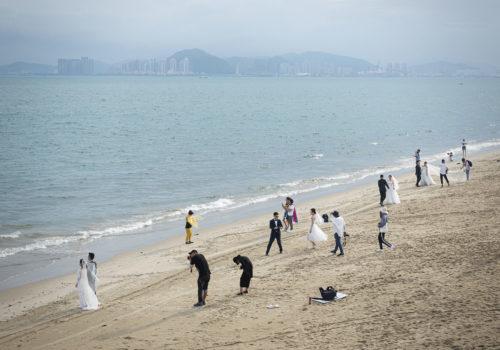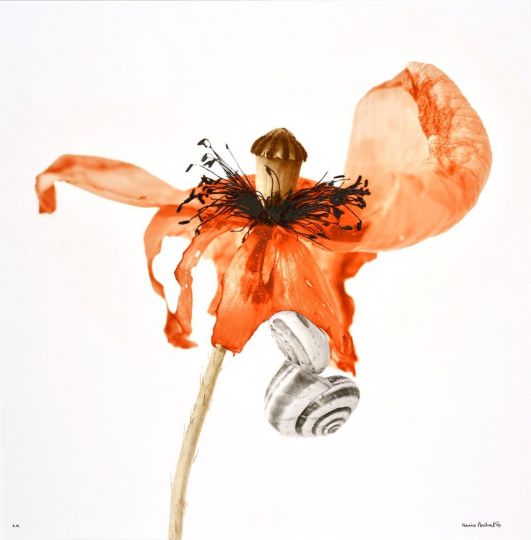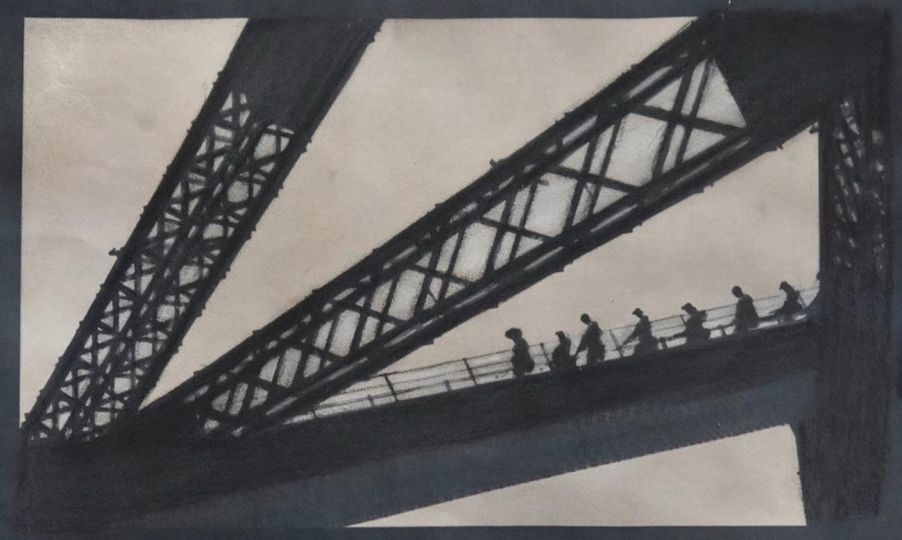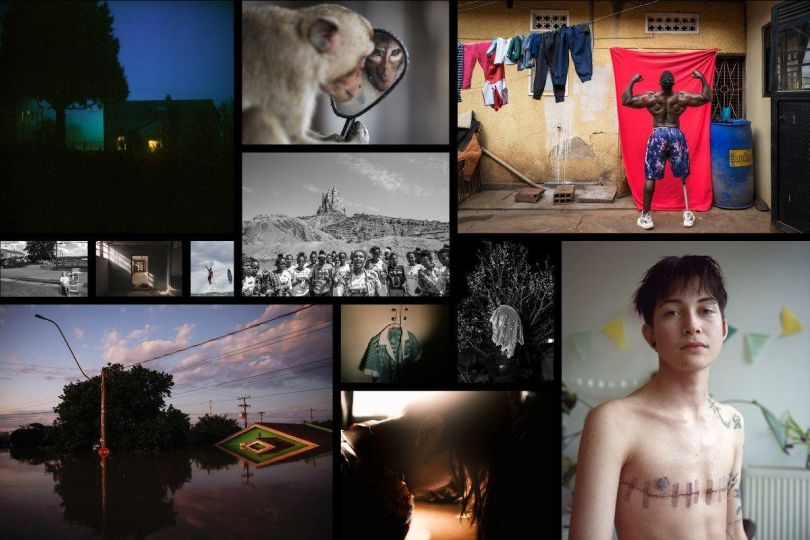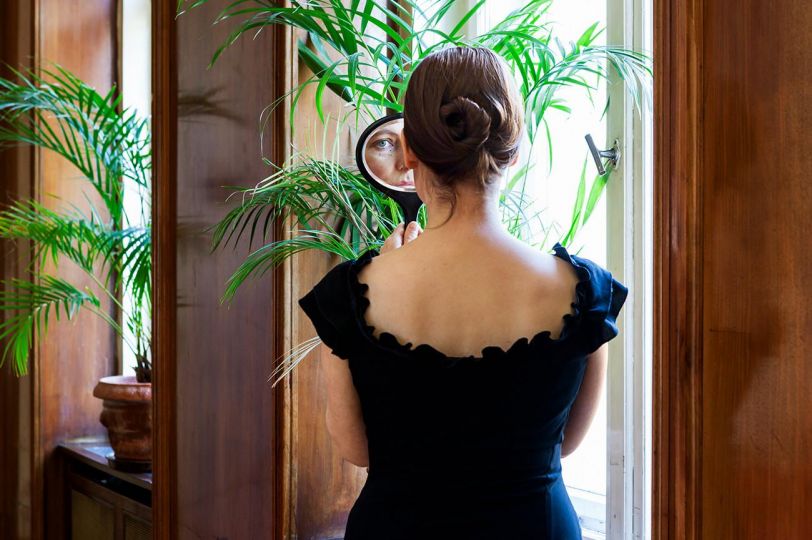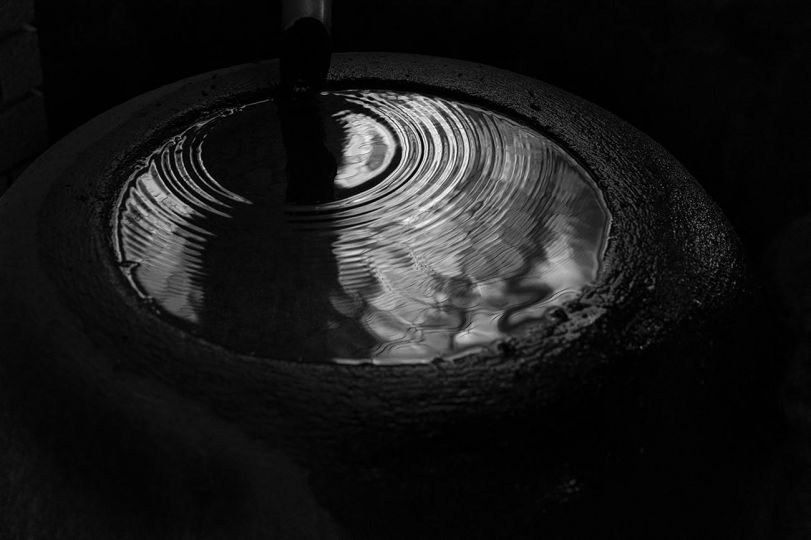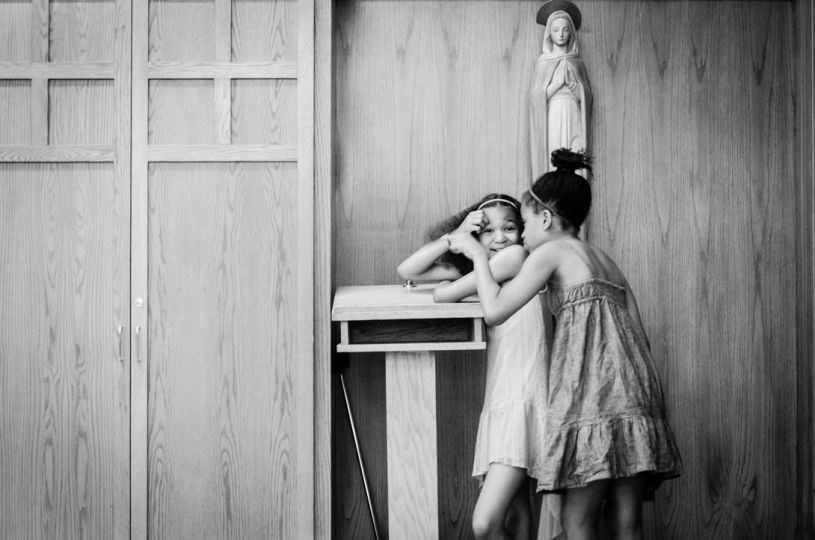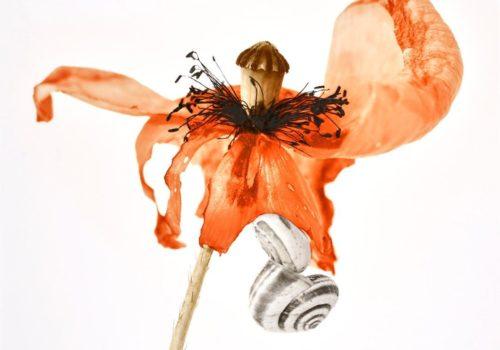Visual Artist Tara Fallaux studied Film and Visual Art at The Dutch Film Academy and The Gerrit Rietveld Academy in The Netherlands and two years as an exchange student in the school of Fine Arts at Carnegie Mellon University in Pittsburgh, USA. Tara has worked many years as a (documentary style) commercial and editorial freelance photographer based in Amsterdam and made several documentaries for Dutch public television and international Film festivals. Her film ‘Over the Rainbow’ premiered at HotDocs in Toronto and has won best Audience and best Jury film at the Pink Film days in Amsterdam. The film is still being selected for film festivals all over the world. Her last short film ‘Love Letters’ premiered at IDFA 2017 and was nominated for best short international documentary. It was also featured in The Atlantic Selects. Since 2018, after a five-month Artist in Residence period at the Chinese European Art Center in Xiamen, China, Tara has been focusing more on artistic poetic storytelling combining photography, film-installation, podcast, and bookmaking. The book Perfect Pearl is on the shortlist for Prix du Livre at this year’s Rencontres D’Arles.
“My work is mostly about the human psyche and how we deal with the so-called ‘manufacturability’ of life. The falling and getting back up. On a narrative and emotional level, I am interested in looking at human bonds and at the inner world of humanity: love relationships, coming of age, loneliness, desire, and hope. These are broader themes with a universality that bonds and touches us as we recognize common existential questions and feelings.”
www.tarafallaux.com
https://www.instagram.com/tara_fallaux/
Patricia Lanza : What is the meaning of the title, Perfect Pearl, the series, and the book?
Tara Fallaux : The word pearl is used in the title, which in Chinese culture means ‘beautiful’ and ‘cherished’, and given the cultivated shape of the pearl, it also implies perfection, so ‘a perfect pearl’ signifies a happy life or a perfect love. I see it with a wink of an eye though. The perfect round shape of a pearl is manufactured. A natural pearl is always different in shape and it takes a lot of time and pain to grow. The title also refers to a saying I heard during my time in China; A Faded Pearl (or yellow pearl), indicating that when a woman is over 30 she is considered old and faded and not that attractive anymore. I don’t know if it’s a very common saying but it made me think of how perfect we want life to be. I think it’s a universal fairy tale problem. Not only in China.
Lanza : How did you come to find and produce this body of work during your artistic residence in China?
Fallaux : Before I went to China I had just made a short documentary about the art of writing love letters. I found several young Dutch people who in this fast-distracting digital age wanted to take more time and depth to express their feelings for each other. This film was about intimate communication and my ode to the power of vulnerability. During my artist in residence, I wanted to see how young people in China talk about love. This time I wanted to have a more poetic associative approach. I didn’t want to make a documentary about Chinese culture as an outsider. I wanted to connect with young women on a universal level. I stayed in Xiamen for 5 months. At the University of Xiamen, I showed my film Love Letters and gave a couple of artist talks. Here I met some young women or identifying as a woman (there is one transgender who participated) whom I became friends with. We talked about their loneliness, desires and doubts about relationships. Marrying or not marrying. Because some girls I befriended spoke little English, we used WeChat ‘translate’. (WeChat is a popular messaging app in China; a combination of Twitter and Facebook called ‘Moments’) In the book PERFECT PEARL I have collected personal texts that I found on ‘Moments’ or that they sent me directly.
‘I fucking want to jump to the age of 30 and get married and then get divorced.’
‘I wanna be a writer in the future and I am on my way. And I want to own freedom in the whole life, love and peace. Maybe bigger breasts :-)’ Translated by WeChat
The main subject is about chasing love or ‘the concept of love’ seen from a female perspective. What we desire or what we think we should desire. The story touches on existential solitude, the made ability of life and fleeting online personalities; how to emancipate and to find our own identity amidst the (lonely) crowd. Despite its cultural definitions and particularities, love is a universal desire that allowed me to identify with these Chinese women in their early twenties. My friendships resulted in a collaboration where I interweave my own poetic observations with the thoughts and feelings of my young Chinese friends. One of the girls in the book and project moved to Amsterdam shortly after I left. We are still good friends now and she wrote a metaphorical love story that is published in the book.
Lanza : Perfect Pearl is a multi-media production incorporating photography and video. Discuss this process and challenges?
Fallaux : All my projects involve film and photography. For me that is a natural process. In the book you can read intimate diary like texts that say something about the women and their inner feelings. In the film you hear one of the girls read aloud a love letter she wrote describing her thoughts about wanting to get married or not. In another video with three channels, MOBILE HOME (20 min). I collected personal mobile phone videos from 8 young women in different Chinese cities. The whole production was done through WeChat. You will see random daily life snippets filmed with a mobile phone. All of the pieces together give a more of an in-depth atmosphere and suggestive story.
This is what Yining He (Chinese photography curator) wrote about Perfect Pearl:
This artist book, created during Tara Fallaux ‘s residency in Xiamen, uses a rich narrative to draw out the different aspects of love in the Chinese context: romantic, stable, financially grounded, and the individual’s struggle and reflection in the face of these cultural and practical realities. They leave us wondering if perfect love exists. Does the meaning of marriage expand as China’s economy develops and its culture opens up? How should the freedom and development of individual woman transcend the shackles of traditional family values?
Patricia Lanza

